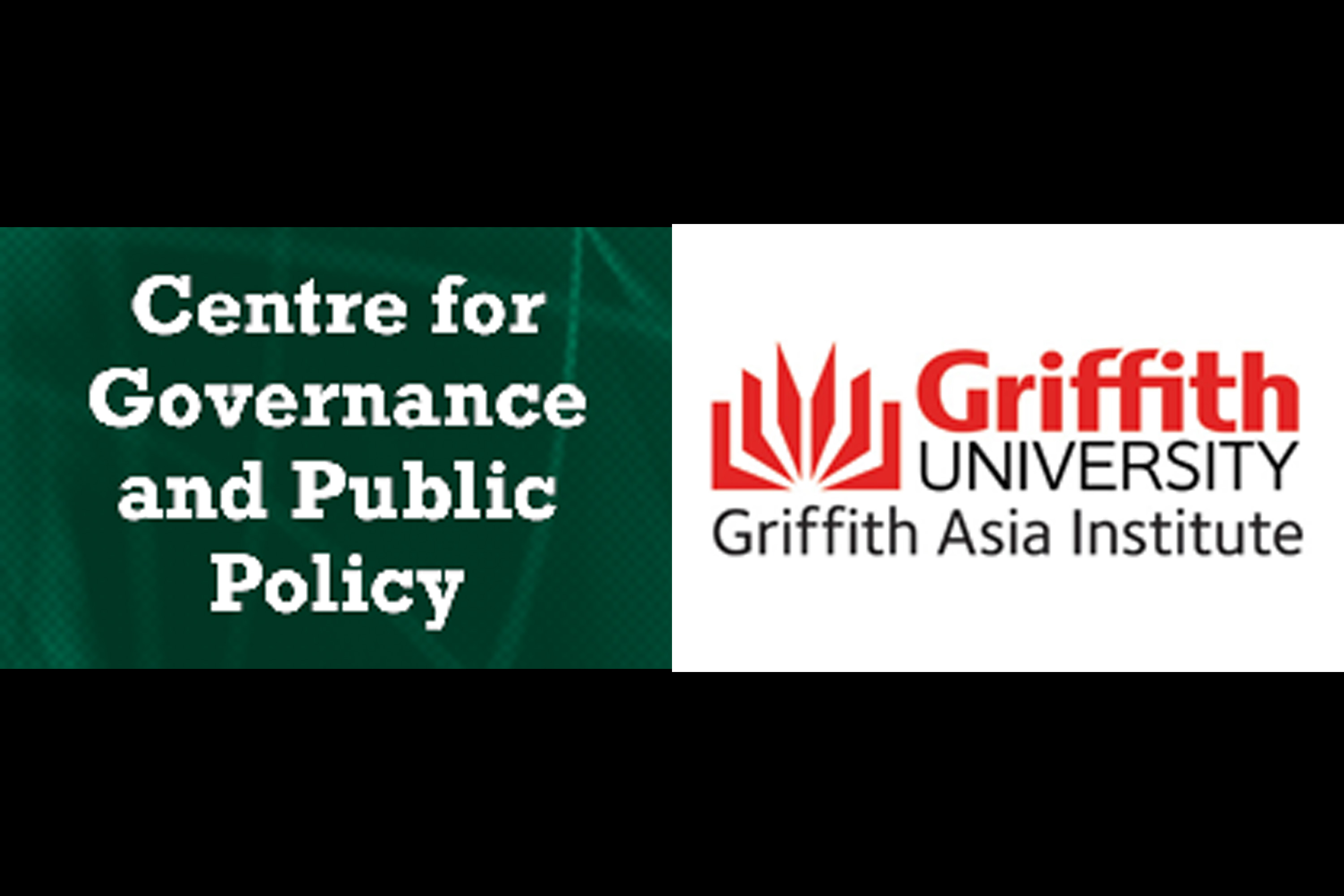
Principal speaker
Associate Professor Tom Pepinsky
Presented by: Thomas Pepinsky, Associate Professor in the Department of Government, and Associate Director of the Modern Indonesia Project, Cornell University
Ethnic orders are “the beliefs, institutions, and practices that organize relationships” among the ethnic groups in a political unit (Hochschild et al. 2014). Recent analyses of institutions and ethnic conflict in authoritarian regimes have demonstrated that ethnic orders shape redistribution, political competition, and authoritarian regime trajectories. However, the origins of ethnic orders remain poorly understood. Even sophisticated arguments about the salience (e.g. Posner 2004) or relevance (e.g. Selway 2012) of ethnic differences consider the distribution of ethnic identities itself to be a social fact.
In this talk I will introduce a new framework for understanding the emergence and persistence of ethnic orders, synthesizing insights from constructivist theories of ethnic politics (Chandra 2012) and rationalist theories of institutions. I use this framework to study the case of Malaysia, arguing that the boundaries of ethnic identities emerged endogenously during the period of political conflict that prior to independence. Malaysia is a hard case for theories of ethnic orders because Malaysia’s ethnic order has long been assumed to be self-evident, based on what many observers and Malaysians alike consider to be obvious racial distinctions between Malays, Chinese, and Indians. Drawing on archival materials and colonial censuses, I will show that as late as 1930, the boundaries between ethnic groups were remarkably different than they are today. What disrupted the pre-1930 ethnic orders was the Second World War and the Japanese occupation of Southeast Asia, which changed both individuals incentives to identify along ethnic lines and provided an alternative ethnic schematic around which elites would coordinate.
Thomas Pepinsky is Associate Professor in the Department of Government and Associate Director of the Modern Indonesia Project at Cornell University. He is the author of Economic Crises and the Breakdown of Authoritarian Regimes (Cambridge University Press, 2009), as well as articles in the American Journal of Political Science, British Journal of Political Science, International Studies Quarterly, World Development, World Politics, and other venues. Currently, he is working on issues relating to Islam, identity, and political economy in Southeast Asia and beyond. He is the founding president of the American Institute for Indonesian Studies, and recently helped to found a new organization called the Southeast Asian Research Group to highlight the best new contemporary research on Southeast Asian politics in North America. He received his PhD in Political Science from Yale University in 2007.
To RSVP, please contact Christine Kowalski on (07) 3735 4705 or events-gai@griffith.edu.au by 11.00am Monday 11 July 2016.
Event categories
RSVP
RSVP on or before Monday 11 July 2016 , by email events-gai@griffith.edu.au , or by phone x54705
Event contact details
- Christine Kowalski
- x54705